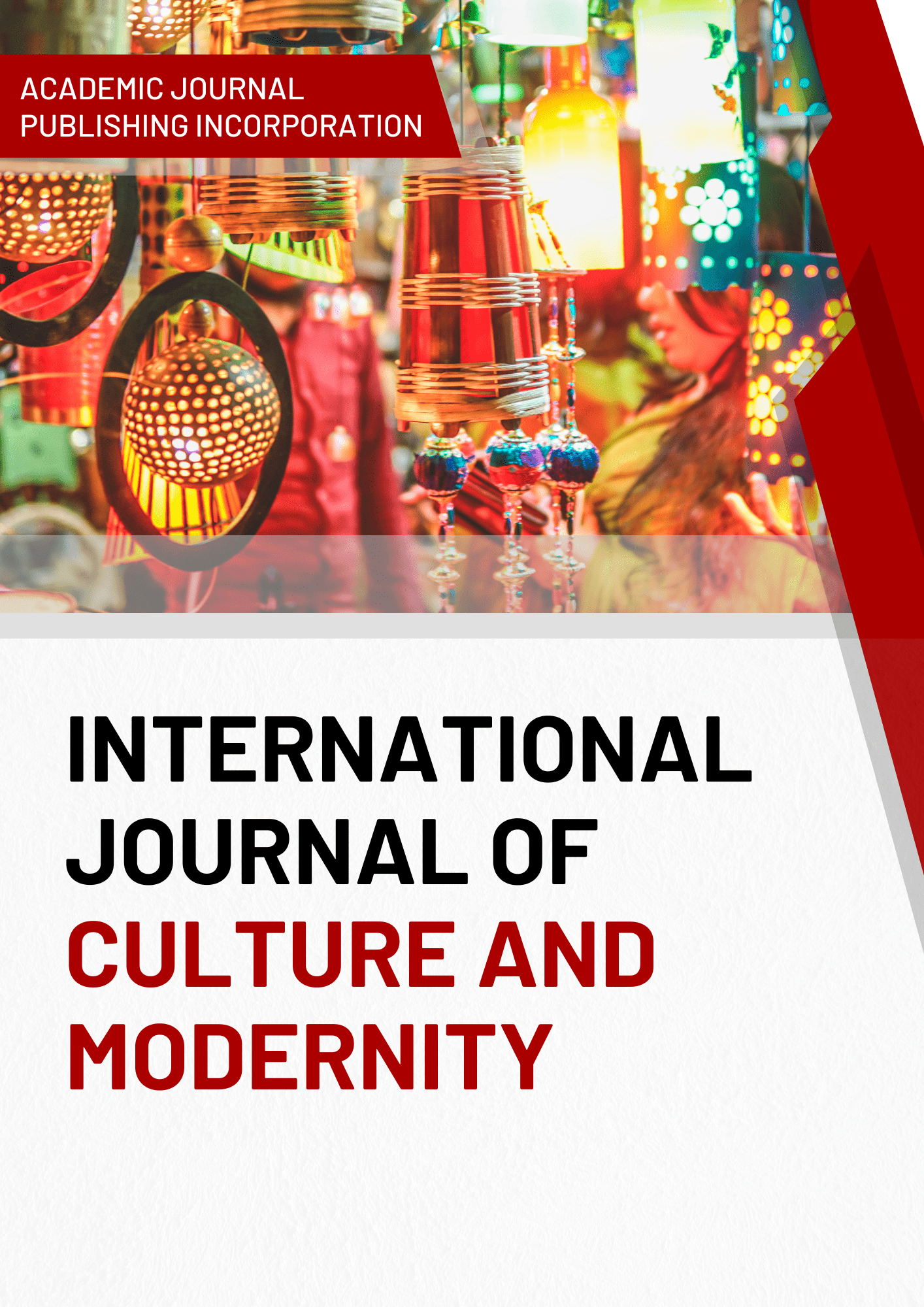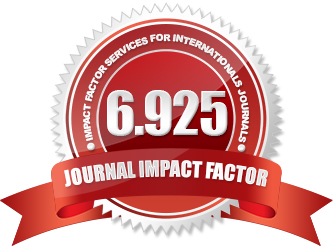Implementation of Sociology Programme in Nigerian Public Universities: Problems and Solutions
DOI:
https://doi.org/10.51699/ijcm.v3i.25Keywords:
Sociology, Implementation, Problems, Programme, LecturersAbstract
In Nigeria, sociology programme is one among the programmes that are offer in the public universities with the aim of producing adequate manpower to man jobs in public institutions. The sociology programme is faced with some problems in the implementation process in some public universities. This article discusses the problems facing the implementation of sociology programme in the public universities in Nigeria. Secondary data were used to support the points raised in the article. The secondary data were generated from print materials and online publication. The article identified inadequate funding, inadequate academic staff, inadequate infrastructural facilities, shortage of instructional materials, brain-drain, strike actions, corruption and poor supervision as the problems facing the implementation of sociology programme in public universities in Nigeria. To solve this problems, the article recommended that the government should increase the funding of the sociology programme, employ more qualified lecturers, provide adequate infrastructural facilities, adequate instructional materials, fight all forms of corruptions, ensure effective supervision and implement all agreement with the different union groups in the public universities.
References
Ahaotu G, N,.&Ogunode N,. J. (2021). Challenges Facing Administrators of Public Higher Institutions in Nigeria and the Ways Forward.Central Asian Journal of Literature Philosophy and culture, VOL (2)2,PP 27-40
Ebehikhalu N, O &Dawam, P. (2016).Inadequacy of Teaching and Learning Infrastructure: Reason Nigerian Universities cannot Drive Innovations. Australian Journal of Education and Learning Research SCIE Journals
NUC (2007).Benchmark Minimum Academic Standards For Undergraduate Programmes In Nigerian Universities Social Sciences.
NEEDS (2014). Needs assessment in the Nigerian education sector. International organization for migration, Abuja, Nigeria.
Okoli, N.J ,Ogbondah L &Ewor, R.N. (2016). The History and Development of Public Universities in Nigeria Since 1914.International Journal of Education and Evaluation, (2)12
Ogunode N,. J, Jedege&Abubakar. (2021).Problems Facing Academic Staff of Nigerian Universities and the Way Forward. International Journal on Integrated Education, (4)1.
Obeamata, J. (1984). Secondary school headship in Nigeria context. In S. Adesina, and S Ogunsaju. (eds). Secondary Education in Nigeria, Ile-Ife: University of Ife Press Ltd.
Odetunde, C. (2004). The state of higher education in Nigeria. Retrieved (4/2/2004) http://www. Nigeriadeltacongress.com/sarticle/slate-of higher Education.
Okoli, N.J., Ogbondah, L.,&Ewor, R.N. (2016). The history and development of public universities in Nigeria since 1914. International Journal of Education and Evaluation, 2(12).
Udida, L. A. ,Bassey, U. U. &Udofia, I. U. (2009). System Performance and Sustainability of Higher Education in Nigeria. Paper Presented at the 11th International Conference of Educational Management Association of South Africa (EMASA)
Downloads
Published
How to Cite
Issue
Section
License
Copyright (c) 2021 Adamu Dauda Garba, Ogunode Niyi Jacob

This work is licensed under a Creative Commons Attribution 4.0 International License.






